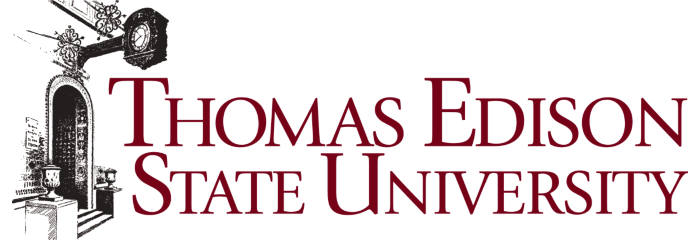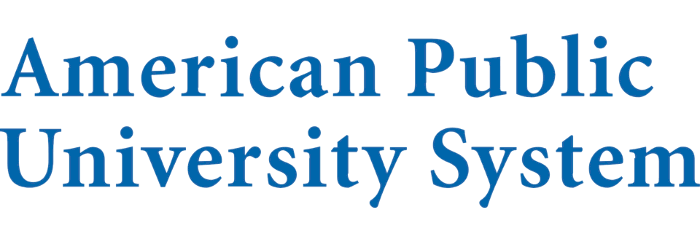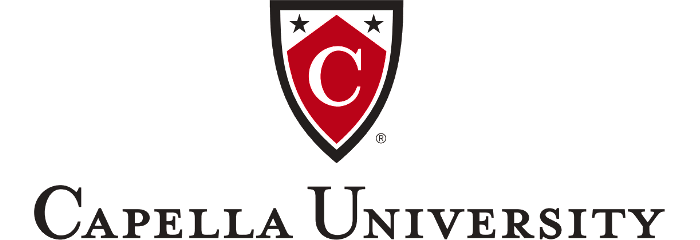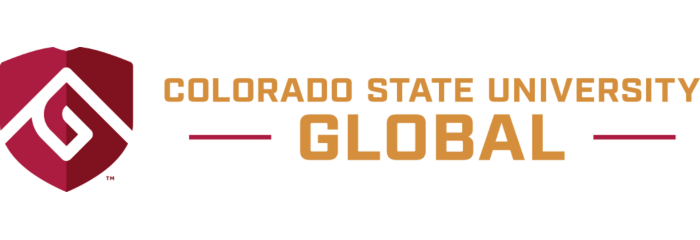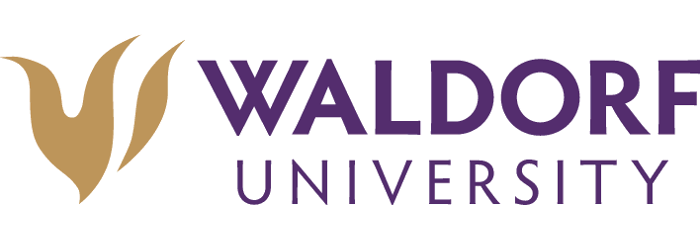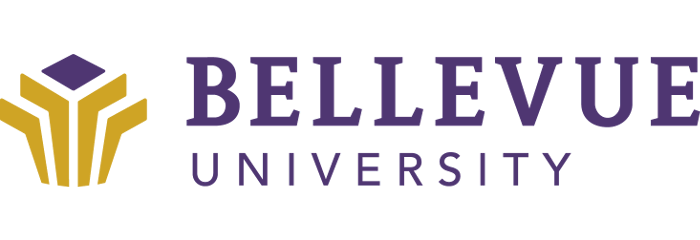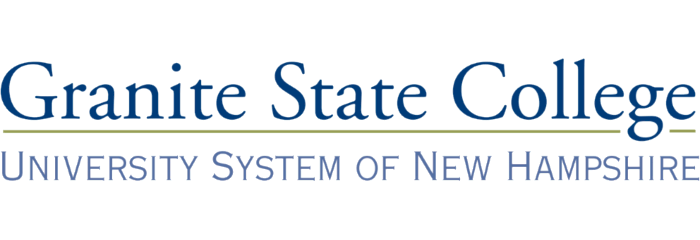2022 Best Online Bachelor's Degrees in the U.S.
With the growth in popularity of online colleges for bachelor's degrees and beyond, OnlineU is launching its first Best Online Colleges by Salary Score ranking.
Salary Score evaluates schools based on median earnings for alumni to determine which have the highest salary outcomes across majors. The rankings highlight online schools whose graduates earn the highest starting salaries for their major. A Salary Score above 50 indicates alumni earn higher than average salaries for their field of study, while one below 50 indicates graduates tend to be low-paid for their major. To be eligible for consideration, a school needed more than half of its total enrollment to be online. Read our methodology to learn more about how we rank schools.
ON THIS PAGE
Overview Legitimacy Cost Salary Outcomes Worth It?| Rank | School | Annual Tuition | Salary Score |
|---|---|---|---|
| Thomas Edison State University | $12,024 | ||
| American Public University System | $7,005 | 92 | |
| Capella University | $15,233 | 92 | |
| Colorado State University Global | $9,000 | 90 | |
| University of Maryland Global Campus | $12,132 | 87 | |
| Western Governors University | $7,790 | 84 | |
| Waldorf University | $6,570 | 80 | |
| Bellevue University | $11,205 | 80 | |
| Southern New Hampshire University Online | $11,286 | 79 | |
| Granite State College | $9,690 | 73 | |
| University of Phoenix | $16,752 | 72 | |
| Park University | $6,012 | 71 | |
| Wilmington University | $8,834 | 66 | |
| Saint Leo University Online | $7,296 | 66 | |
| Franklin University | $16,080 | 62 | |
| Columbia College | $8,602 | 61 | |
| Upper Iowa University | $21,060 | 59 | |
| Purdue University Global | $10,662 | 59 | |
| Johnson & Wales University - Online | $13,734 | 57 | |
| DeVry University | $17,552 | 55 | |
| Liberty University | $8,475 | 54 | |
| Indiana Wesleyan University Online | $11,977 - $14,334 | 49 | |
| Indiana University - East | $17,745 | 48 | |
| University of Mount Olive | $17,975 | 46 | |
| Athens State University | $13,224 | 41 |
Why Trust Us?
27 Data Researchers
60,000 Degrees Researched Annually
20,000 Hours Spent on Research Annually
Launching Rankings Since 2009
2022 Best Online Colleges Highlights
Ranking Details
#1 Thomas Edison State University
- Salary Score: 96
- Annual Tuition: $9,856
- Locations: Trenton (NJ)
- Accreditation: MSCHE
Despite private and for-profit schools’ strong overall performance, the top school by salary outcomes was a public nonprofit college. Thomas Edison State University, located in New Jersey, moved up two points to a Salary Score of 96. The school's most popular programs are Interdisciplinary Studies and Registered Nursing. Other large programs for the school include Business Administration and Social Sciences. All of these programs had salary outcomes in the 95th percentile or better. And though it is a smaller program by enrollment, its Health Professions program earned a Salary Score of 100. All of this helped propel TESU to the top of the rankings.
#2 American Public University System
- Salary Score: 92
- Annual Tuition: $7,324
- Locations: Charles Town (WV)
- Accreditation: HLC
The for-profit, West Virginia-based American Public University System gained three points to earn a Salary Score of 92 this year. APUS is made up of American Military University (AMU) and American Public University (APU). Its most popular majors are Business Administration (92), Criminal Justice (99), Computer/Information Technology (84), Health and Physical Education (100), and Natural Resources Conservation (97).
#3 Capella University
- Salary Score: 92
- Annual Tuition: $14,540
- Locations: Minneapolis (MN)
- Accreditation: HLC
Minnesota's for-profit Capella University moved up a point to a Salary Score of 92. The two programs that vacuum up the most students are Registered Nursing (80) and Business Administration (99). They are followed in popularity by Psychology (91), Health Administration (95), Human Resources (90), and Computer/Information Technology (99).
#4 Colorado State University Global
- Salary Score: 90
- Annual Tuition: $8,400
- Locations: Greenwood Village (CO)
- Accreditation: HLC
Colorado State University Global is the second public university on this list, and is slightly smaller than TESU. The school gained barely a point from last year, but it was enough to get it a Salary Score of 90. Its largest program by enrollment is Business Administration (98). Its second and third-largest programs, Computer and Information Science (60) and Accounting (70) earned much lower, though still above-average, Salary Scores. Other popular programs include Human Resources (94), Health Administration (86), and Communications (99).
#5 University of Maryland Global Campus
- Salary Score: 87
- Annual Tuition: $12,336
- Locations: Adelphi (MD)
- Accreditation: MSCHE
The University of Maryland Global Campus is the second public university in the top ten, and the biggest of the three public schools by far, with an online enrollment of nearly 36,000, representing 78% of the school’s total enrollment. The school moved up a point for a Salary Score of 87 this year. Its most popular program is Business Administration (89), followed by Computer and Information Sciences (67) and Criminal Justice (96). Its Communication bachelor’s program has a Salary Score of 100.
#6 Western Governors University
- Salary Score: 84
- Annual Tuition: $6,670
- Locations: Salt Lake City (UT)
- Accreditation: NWCCU
Western Governors University, based in Utah, is by far the largest school in the top ten, and, by smaller margins, the largest among all eligible online schools. It has an online enrollment of over 98,600 students. WGU gained 3 points to get to a Salary Score of 84. The most popular major for its bachelor's students is Registered Nursing (80), followed by Business Administration (97). Other top majors include Computer and Information Sciences (90). But some of its popular programs, such as Education (57), have low, but still above-average salary outcomes.
#7 Waldorf University
- Salary Score: 80
- Annual Tuition: $8,700
- Locations: Forest City (IA)
- Accreditation: HLC
Iowa-based Waldorf University's top majors suggest a strong leaning towards law enforcement and public service careers. Its top program, with an exceptional Salary Score of 99, is Criminal Justice and Corrections. Waldorf graduates of the Fire Protection (81) and Homeland Security (67) programs also earned above-average salaries. Other strong programs are Human Resources Management (98) and Health and Medical Administration (95).
#8 Bellevue University
- Salary Score: 80
- Annual Tuition: $7,851
- Locations: Bellevue (NE)
- Accreditation: HLC
Bellevue's most popular programs are Business/Commerce (76) and Business Administration (98), though other business-related majors such as Accounting (28) and Marketing (35) offer uncompetitive salary outcomes. Education, though a smaller program, earned a Salary Score of 100, always an impressive feat. Other strong programs at Bellevue are Sales and Merchandising (96) and Criminal Justice (91).
#9 Southern New Hampshire University Online
- Salary Score: 79
- Annual Tuition: $9,600
- Locations: Manchester (NH)
- Accreditation: NECHE
Southern New Hampshire University, one of the largest schools on this list with about 87,000 students, had popular programs in Business Administration (88), Registered Nursing (76), and Psychology (83). But its strongest programs are Business, Management, and Marketing (98), Liberal Arts (98), and Health Services (97). Its large size means it offers a wide array of majors, including many more that lead graduates to above-average salaries for their field, from Natural Resources Conservation (88) to Design and Applied Arts (68) and more.
#10 Granite State College
- Salary Score: 73
- Annual Tuition: $9,015
- Locations: Concord (NH)
- Accreditation: NECHE
Granite State College, based in New Hampshire, offers particularly strong salary outcomes for Health and Medical Administration (97) and Criminal Justice and Corrections (96), as well as Psychology (83). Some of its more popular programs weren't as exceptional when it came to salary outcomes, but still offered Granite College graduates above-average salaries. These include Registered Nursing (73), Interdisciplinary Studies (66), and Business Administration (64). It is also the last of the three public colleges in the top ten.
Popular Online Programs
| a | Online Schools | Programs | Alumni Salary |
|---|---|---|---|
| Accounting | 165 | 281 | $48,930 |
| Aerospace Engineering | 3 | 9 | $65,620 |
| Agriculture | 17 | 53 | $39,040 |
| Anthropology | 18 | 47 | $26,590 |
| Architecture | 2 | 4 | $45,970 |
| Art & Design | 22 | 71 | $26,560 |
| Art History | 5 | 6 | $25,990 |
| Aviation | 17 | 42 | $48,890 |
| b | Online Schools | Programs | Alumni Salary |
| Biology | 14 | 29 | $28,750 |
| Business | 384 | 1,968 | $45,560 |
| c | Online Schools | Programs | Alumni Salary |
| Chemical Engineering | 2 | 9 | $66,610 |
| Child Development | 51 | 77 | $29,970 |
| Christian Counseling | 7 | 11 | $26,750 |
| Civil Engineering | 3 | 16 | $61,750 |
| Communications | 155 | 435 | $34,520 |
| Computer Engineering | 16 | 24 | $73,140 |
| Computer Science | 96 | 240 | $65,840 |
| Construction Management | 12 | 14 | $65,730 |
| Counseling | 67 | 110 | $32,600 |
| Creative Writing | 18 | 26 | $30,800 |
| Criminal Justice | 244 | 561 | $36,130 |
| Criminology | 42 | 67 | $34,260 |
| Cybersecurity | 103 | 228 | $38,470 |
| d | Online Schools | Programs | Alumni Salary |
| Data Science | 32 | 54 | Not reported |
| Dental Hygiene | 22 | 22 | $56,520 |
| e | Online Schools | Programs | Alumni Salary |
| Early Childhood Education | 83 | 138 | $35,940 |
| Economics | 44 | 89 | $50,900 |
| Education | 174 | 545 | $35,080 |
| Electrical Engineering | 14 | 35 | $71,220 |
| Elementary Education | 58 | 98 | $35,940 |
| Emergency Management | 61 | 137 | $46,390 |
| Engineering | 87 | 274 | $66,170 |
| English | 61 | 117 | $29,230 |
| Environmental Science | 50 | 122 | $32,460 |
| Exercise Science | 16 | 28 | $30,100 |
| f | Online Schools | Programs | Alumni Salary |
| Fashion | 7 | 11 | $36,850 |
| Finance | 118 | 196 | $52,830 |
| Fire Science | 22 | 40 | $62,000 |
| Forensic Accounting | 14 | 18 | $38,470 |
| Forensic Psychology | 18 | 20 | $31,870 |
| Forensic Science | 36 | 67 | Not reported |
| g | Online Schools | Programs | Alumni Salary |
| Geographic Information Systems | 14 | 24 | $36,380 |
| Graphic Design | 25 | 38 | $34,730 |
| h | Online Schools | Programs | Alumni Salary |
| Health Education | 25 | 32 | $33,920 |
| Healthcare Administration | 160 | 300 | $39,400 |
| Healthcare Management | 146 | 272 | $39,400 |
| History | 69 | 132 | $30,770 |
| Holistic Medicine | 2 | 2 | $26,660 |
| Homeland Security | 59 | 137 | $46,310 |
| Hospitality Management | 49 | 88 | $38,330 |
| Human Resources | 148 | 231 | $46,270 |
| Human Services | 115 | 257 | $31,440 |
| i | Online Schools | Programs | Alumni Salary |
| Industrial Engineering | 16 | 28 | $68,530 |
| Information Technology | 156 | 533 | $54,990 |
| Interior Design | 1 | 1 | $43,770 |
| j | Online Schools | Programs | Alumni Salary |
| Journalism | 53 | 80 | $33,880 |
| k | Online Schools | Programs | Alumni Salary |
| Kinesiology | 10 | 14 | Not reported |
| l | Online Schools | Programs | Alumni Salary |
| Landscape Design | 1 | 1 | $47,080 |
| Law | 35 | 55 | $111,930 |
| Law Enforcement | 49 | 60 | $36,130 |
| Liberal Studies | 296 | 989 | $37,440 |
| Library Science | 4 | 5 | $28,100 |
| m | Online Schools | Programs | Alumni Salary |
| Management | 365 | 1,613 | $45,440 |
| Marketing | 195 | 383 | $43,960 |
| Marriage & Family Therapy | 17 | 21 | $32,600 |
| Mathematics | 22 | 52 | $48,010 |
| Mechanical Engineering | 8 | 20 | $65,820 |
| Medical Assistant | 1 | 1 | $39,150 |
| Medical Office Administration | 1 | 1 | $39,400 |
| MPA | 1 | 2 | Not reported |
| Music | 8 | 21 | $26,820 |
| n | Online Schools | Programs | Alumni Salary |
| Network Administration | 28 | 32 | $54,990 |
| Nursing | 324 | 400 | $67,750 |
| Nutrition | 12 | 18 | $31,720 |
| o | Online Schools | Programs | Alumni Salary |
| Occupational Safety | 11 | 23 | $33,920 |
| Organizational Leadership | 209 | 508 | $45,440 |
| p | Online Schools | Programs | Alumni Salary |
| Personal Training | 1 | 1 | $30,100 |
| Philosophy | 22 | 30 | $31,200 |
| Photography | 4 | 9 | $25,410 |
| Physical Education | 5 | 14 | $30,100 |
| Physics | 6 | 9 | $42,570 |
| Political Science | 64 | 123 | $35,860 |
| Project Management | 38 | 111 | $45,440 |
| Psychology | 233 | 486 | $29,850 |
| Public Administration | 93 | 221 | $41,950 |
| Public Health | 61 | 134 | $33,920 |
| Public Relations | 51 | 64 | $38,720 |
| r | Online Schools | Programs | Alumni Salary |
| Radiology | 25 | 44 | $56,290 |
| Real Estate | 8 | 10 | $52,610 |
| Religious Studies | 84 | 252 | $28,000 |
| Respiratory Therapy | 25 | 29 | $56,290 |
| RN to BSN | 280 | 307 | Not reported |
| s | Online Schools | Programs | Alumni Salary |
| Secondary Education | 22 | 72 | $35,940 |
| Social Work | 54 | 57 | $32,580 |
| Sociology | 87 | 152 | $31,970 |
| Software Engineering | 26 | 34 | $73,140 |
| Sonography | 6 | 8 | $56,290 |
| Spanish | 13 | 18 | $32,080 |
| Special Education | 33 | 53 | $38,470 |
| Speech Pathology | 4 | 4 | $25,870 |
| Sports Management | 57 | 102 | $39,700 |
| Substance Abuse Counseling | 28 | 40 | $32,600 |
| Supply Chain Management | 73 | 116 | $45,440 |
| Systems Engineering | 5 | 9 | $67,400 |
| t | Online Schools | Programs | Alumni Salary |
| Teaching | 46 | 94 | $36,160 |
| Theology | 17 | 26 | $27,250 |
| v | Online Schools | Programs | Alumni Salary |
| Veterinary Technician | 3 | 6 | $31,970 |
| Video Game Design | 20 | 29 | $34,730 |
| w | Online Schools | Programs | Alumni Salary |
| Web Design | 21 | 30 | $39,510 |
| Web Development | 34 | 61 | $39,510 |
View Our Salary Score Rankings:
Compare Colleges by Salary Score
Search over 2,000 colleges to see how their overall salary strength and individual program salaries compare to other colleges nationwide.
Overview of Online Bachelor's Degrees
Key Insights:
- Private nonprofit schools made up 56% of the top 25 online schools by salary outcomes.
- Although public schools made up less than one-quarter of the list, public college Thomas Edison State University was the top online school for salary outcomes.
- For-profit online schools had higher average Salary Scores than either public or private nonprofit schools; for-profits also saw their average Salary Score improve the most since last year.
Can You Earn a Bachelor's Degree Online?
Yes, you can earn online bachelor's degrees. Online school has moved from a rarity to an increasingly common path for many. Its flexibility, affordability, and lower risk of disease spread made it a popular option during the early stages of the COVID-19 pandemic. For some Americans, online colleges were and remain their preferred way to learn — even beyond the pandemic.
In the fall of 2020, nearly 44% of four-year public college students took all of their classes online, according to the U.S. Department of Education. Even more students were mixing and matching online and in-person classes. And at for-profit colleges, 89% of students were enrolled fully online.
Today, all varieties of nonprofit and for-profit colleges provide accredited online degrees at the bachelor's level. Because of this increased focus on online education, OnlineU has created Salary Score rankings for online schools and programs to see how graduates fare in terms of salary when compared to others with the same degree across the country. This list allows students to discover the best online bachelor's degrees based on alumni earnings.
Today, all varieties of nonprofit and for-profit colleges provide accredited online degree options for undergraduate students.
Applying to an Online Bachelor's Program
The application requirements for an online bachelor's program are usually identical to the requirements for an on-campus program. In general, applicants must provide the following:
- Official high school transcripts or their equivalent, with at least a 2.0 GPA
- SAT or ACT scores
- Letters of recommendation from teachers, counselors, coaches, or other mentors
- An entrance essay, usually personal and reflective
- Official transcripts from postsecondary colleges (transfer students only)
Some online schools provide accommodations to students who do not meet the minimum GPA requirements, such as probationary admission or the opportunity to give supplemental information to add context.
What To Expect From an Online Bachelor's Degree
While programs differ by institution and subject, there are some general features that you're likely to find in the best online bachelor's degree programs:
120 credits on average. Most degree programs require students to complete at least 120 credit hours. Most courses are 3-4 credits and full-time students take 4-5 classes per term.
Asynchronous coursework. Online courses usually feature recorded lectures and discussion boards, where a student can post at any time during the week. Live lectures or set class meetings are less common, but weekly assignments will typically have set due dates.
A culminating experience. Degree programs often lead to a final experience that reinforces concepts from previous courses. In many programs this is a capstone course in which students complete a comprehensive research project or exam. In others, it's a supervised internship or other subject-appropriate field experience.
Virtual support. Completing a degree requires support and resources. A good college demonstrates its care for students by providing academic advisors, tutoring and writing support, open access to online library resources, and nonacademic services such as counseling and career advising.
Types of Online Degrees
Students may enroll in hybrid programs, which blend online and in-person learning, while other degree programs are exclusively online. Ultimately, determining the best online undergraduate programs should depend on the student's preferred style of learning.
The extent to which a degree can be completed entirely online depends on the particular program. Some majors, such as nursing, often feature in-person requirements. These can include internships in the student's local community, on-campus orientations or intensive sessions with a student's cohort, or lab hours at a college or other professional laboratory for science students.
How Long Does It Take to Earn an Online Bachelor's Degree?
An online undergraduate degree is designed to take four years of full-time study to complete. This allows students enough time to properly learn a subject and evaluate their academic goals. However, some students may take more time to finish by studying at a part-time pace.
Alternatively, some of the best bachelor's degrees offer ways for students to fast-track their graduation. Accelerated programs feature shorter terms that run year-round to allow students to take more courses each year. Students may be able to shave a year off the time needed to graduate.
Check a school's credit transfer policy for another way to reduce the time spent earning your degree. Several schools offer credit for prior learning assessments that award academic credit to students with previous professional or military experience. Students can also demonstrate mastery in a subject by completing a portfolio or taking CLEP exams for credit that can be applied toward their degree.
Additionally, an online degree completion program is designed for adult students who have started but not completed a four-year degree, and they offer a faster and less expensive way for students to finish without starting over again. Applicants must have earned a minimum number of academic credits from previous institutions, usually between 50 and 60, or else substantial career or military experience.
If you are interested in finishing your degree faster than the traditional four years, read our suggestions on how to graduate early with a bachelor's degree.
Will I Be Able to Work While Earning My Online Bachelor's Degree?
Flexibility is one of the main draws of completing your education online. According to a 2019 report regarding online college students, 72% of undergraduate students worked full time or part time.
Most online bachelor's degree courses are delivered asynchronously to accommodate students' busy schedules. Asynchronous courses offer the most flexibility since students can view pre-recorded lectures and complete online coursework when it's convenient for them. In contrast, synchronous classes require students to log in at set times during the week.
Is an Online Bachelor's Degree Legitimate?
Accredited online degrees are legitimate. The process of choosing the right college should always include accreditation. If a recognized agency has certified the quality of a school's online programs, then the credential is just as meaningful and respected as a diploma earned through in-person learning.
Which Accreditation Is Best For Online Degree Programs?
Fraudulent accrediting agencies give a stamp of approval to low-quality online colleges. The Distance Education Accrediting Commission (DEAC) is a national accreditor that certifies the quality of schools with online programs. Additionally, when researching the best online undergraduate degrees, consider schools that are listed in the Database of Accredited Postsecondary Institutions and Programs (DAPIP).
Finally, some majors feature professional organizations that accredit individual programs, such as the Accreditation Board for Engineering and Technology (ABET) for engineering.
What Is the Easiest Degree to Get Online?
This question can't be answered in absolute terms because each person's strengths and weaknesses are different. It's better to decide on the best online universities for bachelor's degrees by considering which one will benefit your learning style and future career aspirations. In other words, there is not just one program we can crown as the “easiest online degree.” The easiest degree will likely vary from student to student based on their out-of-school commitments, academic background and abilities, and interest in the program they’re studying. This last point is backed up by research showing that students perform better in subjects they are interested in. This data may help students choose the best online bachelor degree programs based on their interests.
While this is a notable data point, you should also consider these important factors that can make a degree easier to obtain:
Admissions requirements. More competitive admissions requirements make it harder for a student to get their foot in the virtual door. You should look up an online college’s acceptance rates before applying. This allows you to take stock of your own abilities and interests and get a better idea if you would be admitted into your desired school.
Instructor expectations. Competitive colleges maintain their edge by offering classes that can’t be found elsewhere or faculty members who are at the top of their fields, so expect a higher level of performance.
Program length. It is easier to stay motivated in a shorter program, suggesting that brevity can translate to an “easy” degree. But on the other hand, a short program may try to pack more information in less time. This could make it more difficult for some students to balance work and family commitments with a heavy courseload.
Online student support. The best online bachelor's degree programs will likely provide better academic services to distance learners, such as tutoring, career coaching, or writing help. This is especially important if you anticipate difficulties in subjects that will be core to the program you want to pursue.
Cost of an Online Bachelor's Degree
The rising cost of tuition weighs heavily on many students. For this reason, it's important to learn ways to save money in college. All of our college program lists include manually collected tuition data to provide a transparent view of tuition costs. In general, private colleges tend to charge more than public colleges. It's also helpful to keep in mind the long-term financial impact after graduation, which is why our lists also include alumni salary for each individual program.
Although tuition is the biggest portion of any degree's expense, it's not the only cost associated with higher education. Schools charge fees that vary by institution and program type. For example, some online students pay technology fees each term, and there are also fees for applying to a college in the first place and for covering the cost of graduation in the final semester. Additionally, online students need reliable high-speed internet access as well as supplies, such as books, e-books, and sometimes specific software.
Financial Aid for Online Students
Online students apply for financial aid in the same way as campus students and are eligible for most of the same funding to cover some or all education costs. Some private scholarships endowed by an institution's alumni may only apply to campus students, so check with a school's financial aid office before applying.
The first step in the process is to complete a Free Application for Federal Student Aid (FAFSA), which determines how much federal aid a student qualifies for. Federal aid includes gift aid that doesn't need to be repaid: grants based on financial need, scholarships based on merit or family background, and work-study programs that provide tuition waivers for students. The government also offers student loans at interest rates that are generally more favorable than loans from private sources.
Most states and colleges also use the FAFSA to determine aid eligibility. They may offer grants and scholarships, and some states have work-study options similar to the federal program.
Salary Outcomes for Online Bachelor's Graduates
The Bureau of Labor Statistics (BLS) shows that earning a bachelor's degree leads to higher earnings and a lower chance of unemployment over the course of an individual's career. Bachelor's graduates earn a median $500 more each week than high school graduates and about $360 more than those with an associate degree. These positive salary and employment prospects improve with each degree a student attains. Alumni of terminal doctoral and professional degree programs earn a median $600 more each week than bachelor's graduates and experience less unemployment.
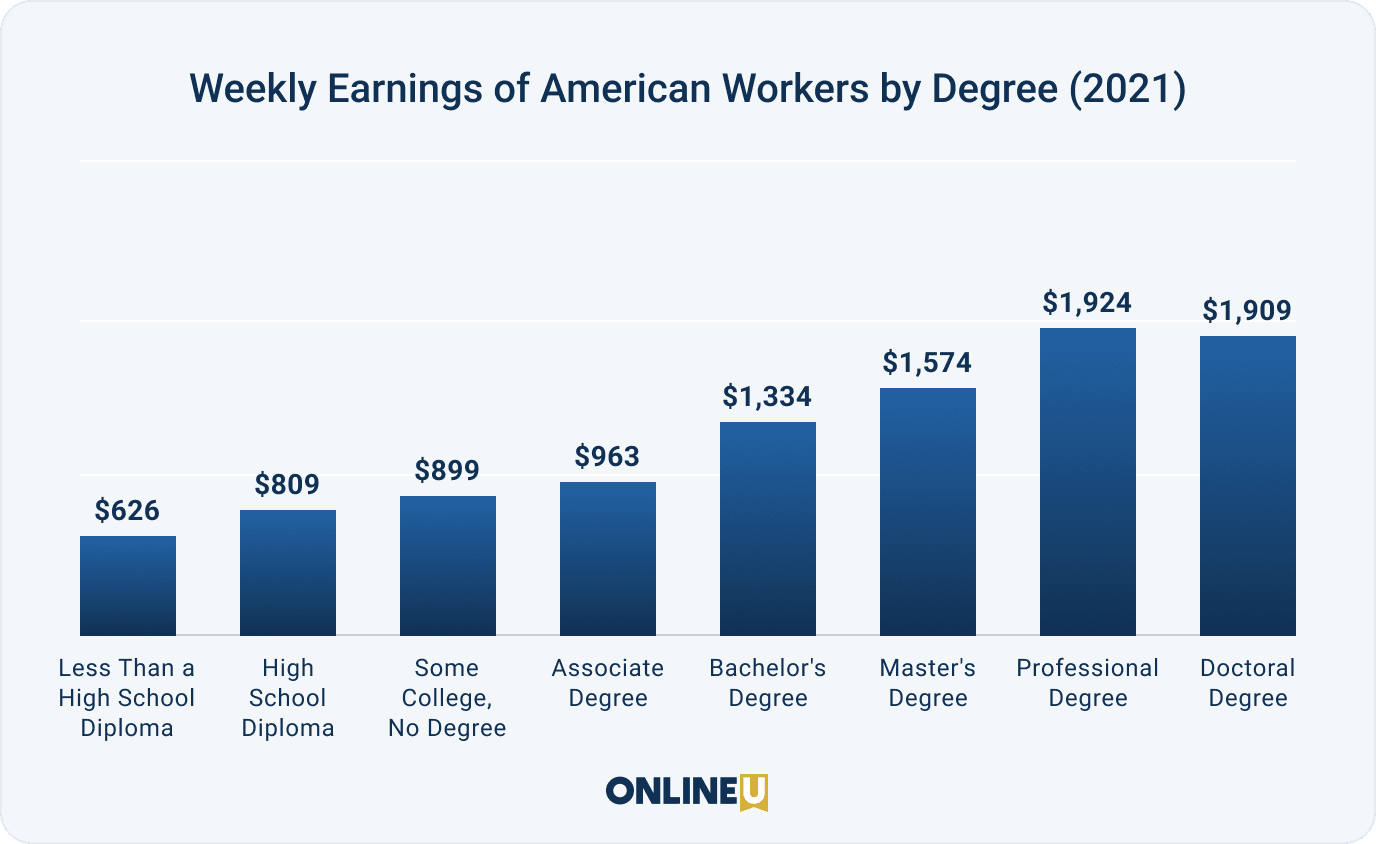
Which States Host the Most Online Schools With Top Salary Scores?
Indiana led with three colleges in the top 25: Purdue University Global, Indiana Wesleyan University Online, and Indiana University - East. However, they were concentrated towards the bottom of the list, at #18, #22, #23, respectively.
Minnesota and New Hampshire also have multiple online colleges featured in our top 20 rankings, with two apiece.
Minnesota’s Capella University and Walden University mirror Arizona’s top online schools: They are all private for-profit colleges. However, Capella’s #4 ranking and Walden’s #10 spots beat out any of Arizona’s schools.
That said, these two fully online Minnesotan schools teach just over 17,500 students. That is a fraction of the nearly 139,000 online students enrolled in Arizona’s three ranked schools.
New Hampshire and its two schools — Southern New Hampshire University Online (#9) and Granite State College (#10) — enroll more than 88,000 online students. However, Granite State has just over 1,500 online students, while Southern New Hampshire University Online enrolls nearly 87,000 online students, making it the second largest online school by enrollment on our top 20 list. It trails Utah’s massive Western Governors University (#6), the state’s only ranked school, with over 98,600 students enrolled.
How Does School Type Impact Online Schools’ Salary Scores?
Top 25 Breakdown by School Type
| School type | Number of Schools | Percentage |
|---|---|---|
| Private | 14 | 56% |
| For-profit | 5 | 20% |
| Public | 6 | 24% |
Most of the schools to rank in the top 25 online schools are private nonprofit institutions, making up just over half of the top 25. Public nonprofit colleges made up nearly a quarter of schools, while for-profit schools made up one out of every five colleges here.
Even though many of these online schools are private, their tuition rates are far lower than those of the top colleges on the on-campus bachelor's list. This can mean a better return on investment for some students, especially those who don’t need or want in-person education or the on-campus experience.
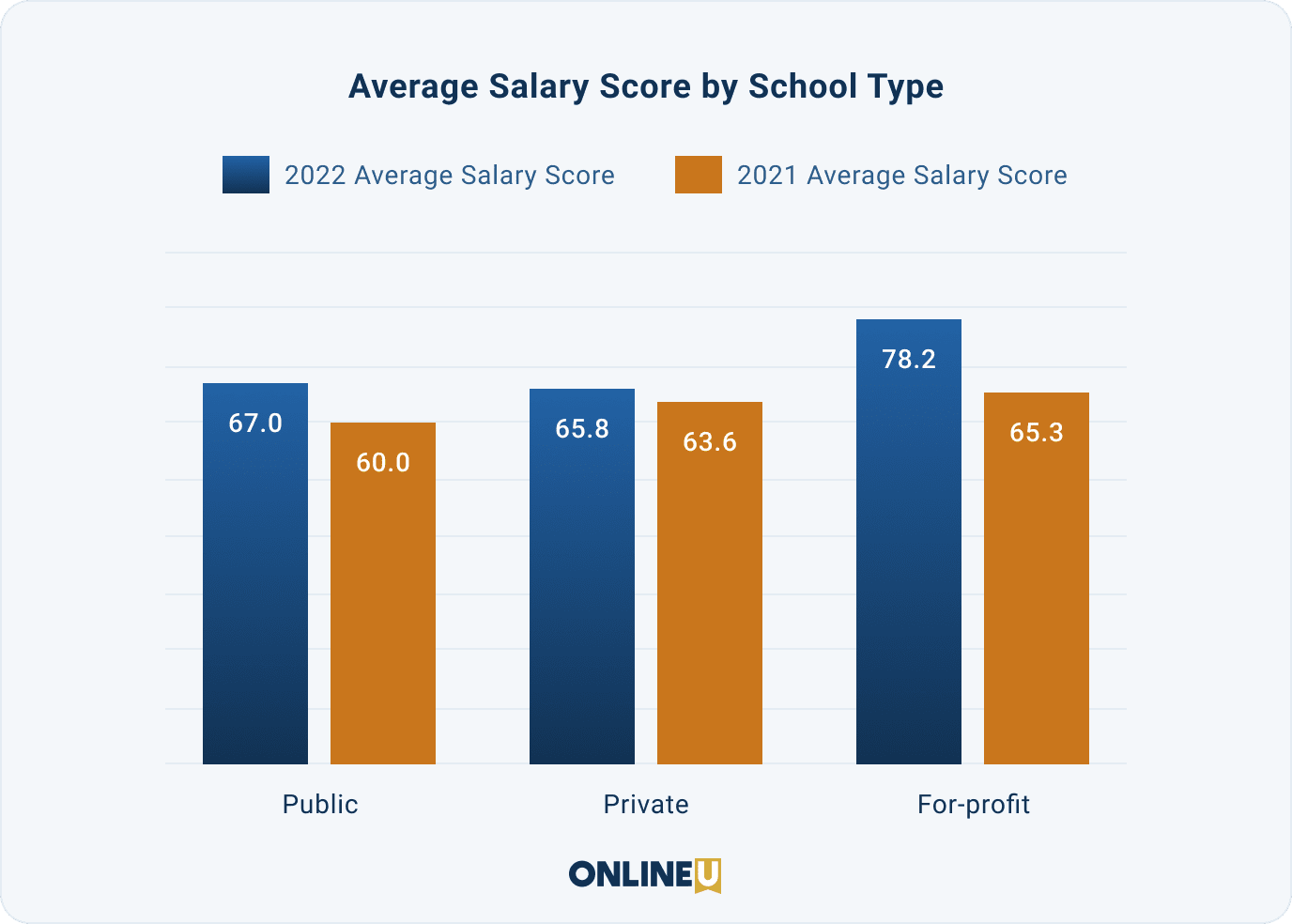
Among school types, for-profit online schools have received the highest average Salary Scores and seen a big jump from last year. This also means that for-profit online schools significantly outperform for-profit on-campus schools for bachelor’s degrees.
However, it’s important to keep in mind that the data used in Salary Score only includes salary data for students who finished their degree. This is especially relevant since for-profit schools tend to have lower completion rates than public ones.
Are Online Bachelor’s Degrees Worth Anything?
Study after study has shown the benefits of higher education for employment and earning potential, but you may be wondering specifically whether an online degree is worth the cost and effort. Though this is a subjective measure that will vary by individual, the answer is usually yes: Online degrees can confer the same benefits as on-campus degrees. Online students access their classrooms from anywhere with an internet connection and complete assignments when it's convenient for them. This sense of flexibility and accessibility may be more beneficial when compared to on-campus programs.
There are some potential downsides to studying 100% online. Data suggests that fully online students graduate at lower rates than in-person learners, although the cause is unclear. It may be that online institutions aren't providing the necessary academic or personal support that students may require to succeed. Alternatively, students may enroll in distance learning without considering their personal learning styles.
Savings
Students can save time and money by pursuing an online bachelor's degree instead of attending on-campus programs. Online learners aren't required to pay additional campus-based fees, and they save on room and board and transportation costs. Many online programs also offer credit for previous schooling, professional experience, or military training, which can save them money by reducing the time it takes to finish.
Employment
The stigma against online education seems to be eroding. Hundreds of accredited colleges in all sectors now offer online degrees. In a 2018 survey of 750 HR specialists, 71% said they had hired an online-degree graduate in the previous year, and 61% said they believe that online degrees are as good as regular degrees. If you attend a school that offers both in-person and online degrees, employers usually won't know how you earned your degree because the diplomas and transcripts are identical. However, graduates of fully online schools may experience some hiring bias directed against online learners. Students should be aware of this and other potential downsides.
It might be helpful to take a look at the top online colleges and what they're doing right, before settling on your school of choice.
